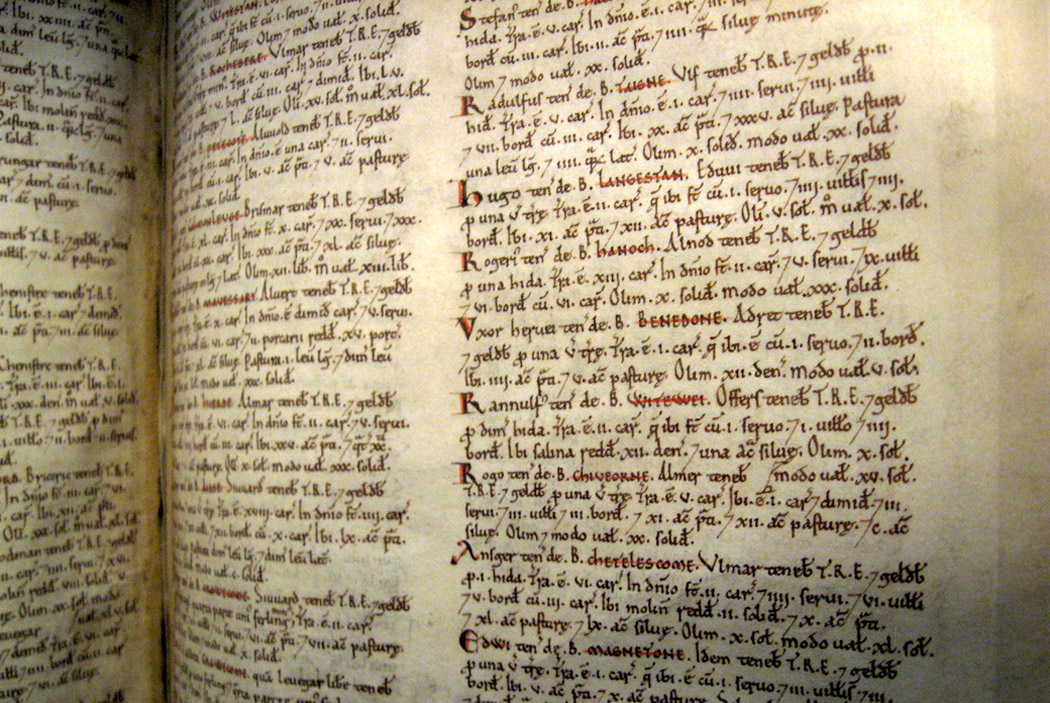Tenure

There are many types of way a lord can hold land. This is an age of war, and the most important methods of tenure are the military forms.
Military Tenure
Time Immemorial
These rare holdings do not stem from the king, although holders all acknowledge the king as overlord. These have been held by the families for such a long time that no one remembers when it started. Officially, anything that was held before the time of Vortigern is outside of memory — “time immemorial.” These are always held in perpetuity.
By Knight-service
This means the holder must supply one or more knights to the overlord’s army. A starting knight in the Uther Phase of The Great Pendragon Campaign holds a manor from the Count of Salisbury. He holds seigniorial, or “lordly,” rights, as detailed in the core rulebook. Since he owes his lord military service, this is “tenure by knight-service.” The land held from the count, or any other nobleman other than the king, it is called mesne tenancy. If a knight holds his land directly from the king it is held in capite, or “from the head (leader).”
By Barony
Larger landholdings, as held by a warlord, are only from the king, and are held per baronium — “by (right of) barony.” This form includes all the obligations of knight-service, and the warlord is also a part of the king’s council and must attend to the king whenever summoned.
By Castle-guard
During the reign of King Arthur, some knights do not owe the obligatory forty days of field service, but rather a variable but agreed upon number of days to garrison a nearby castle in peace, as well as any number of days during war.
Non-Military Tenure
Nonmilitary methods of tenure also exist. These methods may be part of the servitium debitum.
By Fee Farm
The tenant pays a set annual fee to the owner of the land (usually the king). This arrangement is also known as a lease.
By Free Alms
Free alms, or frankalmoinage, is granted only to churches and abbeys. Rather than military service they pray for a person or institution. Religious institutions commonly also hold land by knight service and/or by Fee Farm. Some of these are held by feudal grant, others by lease.
By Serjeantry
Servants of the king often not doing military duty hold by this method. Messengers, hunters, foresters, and many others have plots of land held by serjeantry. Often cavalry owe this type of service, and are even called serjeants.
By Free Burgage
Only residents of a Market Town or City hold by this method, which has many peculiarities that other tenants do not have.
By Custos
A custodian has temporary care of something or someone. A person may be temporary custodian of a holding, such as a king’s household knight taking command of a strategic castle during war, or during primer seisin while the proper heir is determined. A warden caring for a minor heir or heiress holds the minor and the heritable land by custos.
By Allod
An allodial holding is held free of any lord or obligations whatsoever. No one in Britain except the king holds by allod.
By Fee Simple
The holding has no obligations whatsoever placed upon the tenant. This arrangement is very rare.